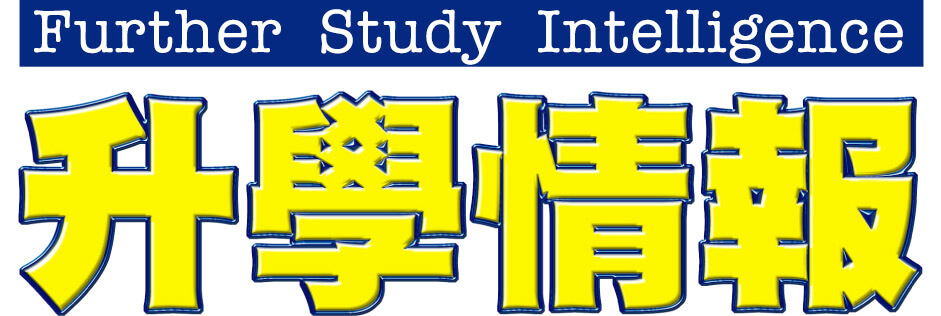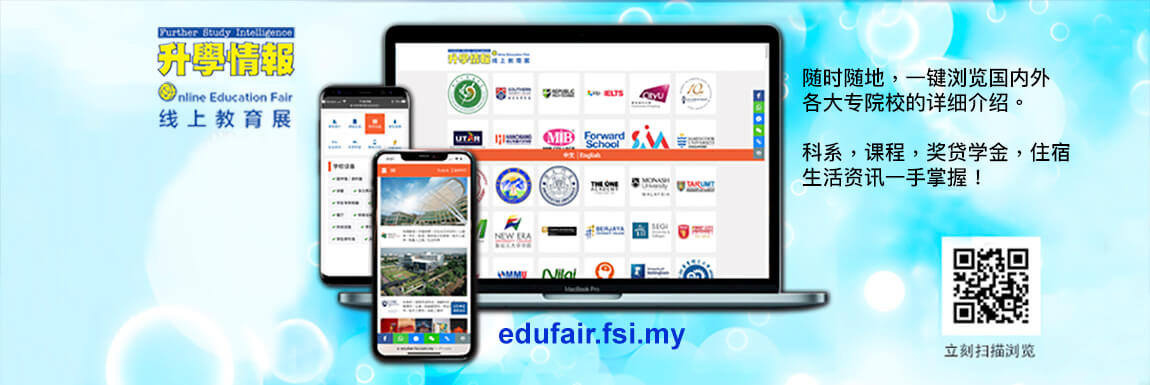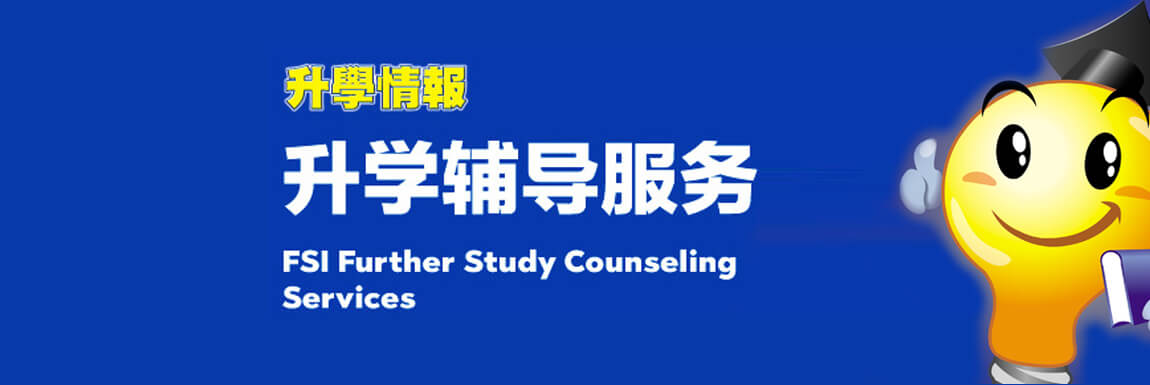The Six Major Problems of “Pasar” English
转载自《升学情报 15》,2003
文|张启扬
~ 毕业于美国威斯康辛大学,后创办立肯语言学院;华校出身的他在积极钻研下,经已成为国内家喻户晓的英语教学专家。
1. Wrong Stress : 错误的重音
>“巴刹英语”的单词通常没有重音,或者重音错误。
> 以下单词的重音应该在第一个音节,但“巴刹英语”则把重音放在第二音节。
- Teacher教师
- China中国
- Ego自我
- Problem 问题
- City 城市
> 以下单词的重音应该在第二个音节,但“巴刹英语”则把重音放在第一个音节。
- Idea 意见,主意
- Affair 事务
- Career 事业,生涯
- Professor 教授
- Response 反应
> 重音错误,整个单词的发音就面目全非了。
> 有的单词,有两种重音,分别表示两种不同的词性,更不能搞错。例如:
- Conduct (noun)
重音在前∶行为(名词)
【例】This boy has bad conduct. 这个男孩的行为不好。 - Conduct (verb)
重音在后∶指挥(动词)
【例】The boy who has bad conduct conducts a choir. 那个行为不好的男孩指挥一个合唱团。 - Desert (noun)
重音在前∶沙漠(名词)
【例】This is a desert. 这是一片沙漠。 - Desert (verb)
重音在后∶放弃(动词)
【例】He deserted his house on the desert. 他放弃了他的在沙漠中的房子。 - Contest (noun)
重音在前∶比赛(名词)
【例】This is a singing contest. 这是一个歌唱比赛。 - Contest (verb)
重音在后∶比赛(动词)
【例】The choice for the winner of this singing contest was keenly contested. 这个歌唱比赛的优胜者评选非常竞争。 - Insult (noun)
重音在前∶污辱(名词)
【例】This is an insult. 这是一个污辱。 - Insult (verb)
重音在后∶污辱(动词)
【例】Don’t insult me for I take no insults. 不要污辱我,因为我不接受污辱。 - Permit (noun)
重音在前∶准证(名词)
【例】My Dad obtained a permit from my Mom to go out with his friends late last night. 我爸爸昨天夜里从妈妈那里得到和朋友外出的许可。 - Permit (verb)
重音在后∶准许(动词)
【例】My Mom permitted my Dad to go out with his friends late last night. 昨天夜里我妈妈准许我爸爸和朋友外出。 - Protest (noun)
重音在前∶抗议(名词)
【例】Our protest doesn’t seem to work! 我们的抗议好像不起作用。 - Protest (verb)
重音在后∶抗议(动词)
【例】If our protest didn’t work, let’s protest again! 如果我们的抗议不起作用,让我们再抗议! - Record (noun)
重音在前∶纪录(名词)
【例】”Proper English, My English” is a Malaysian record. “Proper English, My English” 全国英语大操练是一项马来西亚纪录。 - Record (verb)
重音在后∶纪录(动词)
【例】”Proper English, My English” is a record recorded bythe “Malaysia Book of Records.” “Proper English, My English” 全国英语大操练是一项《马来西亚纪录大全》记载的纪录。 - Suspect (noun)
重音在前∶疑犯(名词)
【例】Do we have any suspects for this murder case? 这宗谋杀案我们有疑犯吗? - Suspect (verb)
重音在后∶怀疑(动词)
【例】John is suspected of murder and has been detained as a suspect. 约翰涉嫌谋杀,已经被作为疑犯拘捕。
2. Wrong Consonants : 错误的子音
>“巴刹英语”中[ 帍恞]音被错误发成[ t ]音。例如:- Thank被错误发音成为Tank,所以Thank you (谢谢你。)就变成了Tank you (坦克车你。)
- Three被错误发音成为Tree,所以There are three trees, three apple trees. (有三棵树,三粒苹果树。)就变成了 There are tree trees, tree apple trees. (有树树,树苹果树。)
- Thin 被错误发音成为Tin,所以John is a thin man. (约翰是个瘦男人。) 就变成了John is a tin man. (约翰是个罐头男人。)
- Theme被错误发音成为Team,所以”Let’s Learn Good English” is our theme song. (《要学好英语》是我们的主题歌。)就变成了 “Let’s Learn Good English” is our team song. (《要学好英语》是我们的团队歌。)
- Thinker被错误发音成为Tinker,所以Confucius is a great thinker. (孔子是个伟大的思想家。)变成了Confucius is a great tinker. (孔子是个伟大的补锅匠。 )
>“巴刹英语”中[跑音被错误发成[d]音。例如:There被错误发音成为The,所以That is a beautiful woman. (那是一个漂亮的女人。)变成了Dad is a beautiful woman. (爸爸是一个漂亮的女人。)
3. Wrong Vowels : 错误的元音
>“巴刹英语”中 [a:]音被错误发音成为[L] 音。例如:- Heart被错误发音成为Hut,所以From the bottom of my heart, I love you. (打从我心底,我爱你。)变成了From the bottom of my hut, I love you. (从我的茅屋底,我爱你。)
- Calm被错误发音成为Come,所以Please calm down. (请冷静下来。)变成了Please come down. (请走下来。)
- Dark被错误发音成为Duck,所以There is a dark side to John. (约翰有阴暗的一面。)变成了There is a duck side to John. (约翰有鸭的一面。)
- Half被错误发音成为Huff,所以Alex is half Chinese and half Indian. (亚历士是一半华人,一半印度人。)变成了Alex is huff Chinese and huff Indian. (亚历士是喷气华人和喷气印度人。)
- Last被错误发音成为Lust,所以This is my last girlfriend. (这是我的前女友。)变成了This is my lust girlfriend. (这是我性欲女友。)
> “巴刹英语”中[i:]音被错误发音成为[i]音。
例如:
- Read被错误发音成为Rid,所以I love to read books. (我爱读书。)变成了I love to rid books. (我爱消灭书。)
- Sheet被错误发音成为Shit,所以Can I have a sheet for my bed? (我可以有一张床单吗?) 变成了Can I have a shit for my bed? (我可以有床大便吗?)
- Heap被错误发音成为Hip,所以Look at this beautiful heap. (看这美丽的“堆”。)变成了Look at this beautiful hip. (看这美丽的屁股。)
- Beat被错误发音成为Bit,所以We practised so hard that we beat the other team. (我们努力训练,所以我们打败了别的队。)变成了We practised so hard that we bit the other team. (我们努力训练,所以我们咬了别的队。)
- Sleep被错误发音成为Slip,所以I like to sleep. I sleep all day. I enjoy sleeping. (我爱睡觉。我一整天睡觉。我喜欢睡觉。)变成了I like to slip. I slip all day. I enjoy slipping. (我爱滑倒。我整天滑倒。我喜欢滑倒。)
> “巴刹英语”中[u:]被错误发音成为[u]。
比如:
- Pool被错误发音成为Pull,所以The Government encourages car pooling. ( 政府鼓励共车。) 变成了The Government encourages car pulling. (政府鼓励拖车。)
- Food被错误发音成为Foot,所以Is my food delicious? (我的食物好吃吗? )变成了Is my foot delicious? (我的脚好吃吗?)
4. Excessive Localization of Vocabulary : 词汇过度本土化
> 讲巴刹英语的人喜欢夹杂大量的马来文和广东话,使得说出的英文过度本土化,以至外国人根本无法听懂。这里举一个实例:
Mum: Told you aredi, not to action, action. See, now! Car mati
Mat: Who knowyah! I gostan only what! Then it broke.
Mum: Don’t be kiasulah, gostan so fast! For what?
Mat: Mother, don’t be Swakulah! Drive fast, shiok mah!
> 相信大家看到以上对话,心中自然心领神会。可是,对一个外国人来说,action, mati, gostan, kiasu, swawku, shiok这些词有如天书,绝对无法明白个中含义。实际上,正确且规范的词汇应该是:
- Action应作to show off(炫耀)
- Mati应作 dead (死的,坏了)
- Gostan应作 to reverse(倒车)
- Kiasu 应作 scared of losing, a wimp(懦弱的人)
- Swaku应作 uncivilized(不文明的)
- Shiok应作 great (好极了)
> 除了词汇不规范,表达也不规范。正确的表达应该是:
Mum: I’ve told you many times not to push the car so much. See, now it’s dead! (告诉过你好多次,别使劲地推,瞧,现在故障了!)
Mat: How would I know it would conk out? I was only trying to make a U-turn, and then it broke down. (我怎么知道它会失灵?我只是想来个U型转弯,然后它就故障了。)
Mum: Come on, don’t be such a wimp. Why did you turn so fast? (得了,别这么爱炫耀。你干嘛转得那么快?)
Mat: Mum, don’t be so conservative. It’s fun to drive fast, you know? (妈妈,别这么老土。你知道开快车的乐趣吗?)
5. Excessive Distortion of Meaning of Certain Words : 过度歪曲文字原意
> 巴刹英语使用的英文词汇经常改变原意。请看下面的对话:
Boss: Ah Ling! Chop tis invoice before send off ah!
Ah Ling: Ya, boss.Ei…Boss, you look so excited. Why ah?
Boss: I’m going to the airport to fetch Mr.Wong. You want to follow ah?
Ah Ling: Who is Mr. Wong ah?
Boss: Oh, Mr. Wongah…He is a very good friend. Last time when I started this company, he help me a lot one.
Ah Ling: I can go with you, but after you have to send me home hoh.
Boss: Don’t worry, I always like to send you home what.Let go. If not we will be late.
Ah Ling: Sometimes I scared to sit in your car also! You horn people…when people cut your car. You horn people also when you…cut people’s car.
Boss: Don’t worrylah! I wan’t do it this time.
> 上面这段对话中,出现了chop, follow, last time, send, horn, cut 这些词汇。似乎用得正确,其实不然。正确的说法应该是:
- Chop应作stamp(盖章)
- Follow应作come with(和……一起来)
- Last time应作in the past(以前)
- Send应作give a ride(搭便车)
- Horn应作 hoot(按喇叭)
- Cut应作overtake(超车)
> 前面这段对话的正确规范的英文应该是:
Boss: Ah Ling, could you put our stamp on this invoice before you send it off? (阿林,在送出这些发票前,你可以先盖上印章吗?)
Ah Ling: Yes, boss. By the way, why do you look so excited today? (行,老板。顺便问问,您今天怎么这么兴奋呢?)
Boss: I’m going to the airport to pick Mr. Wong up. Would you like to come with me? (我要到机场去接王先生。你和我一道去好吗?)
Ah Ling: Who is this Mr. Wong? (这位王先生是谁呢?)
Boss: Oh, Mr. Wong is a very good friend of mine. He helped me a lot when I was starting this company. (噢,王先生是我一位很要好的朋友。他在我创办这家公司时帮了很多忙。)
Ah Ling: I can go with you, but you’ll have to give me a ride home.(我可以和你一道去,但你要送我回家。)
Boss: Don’t worry, I always enjoy giving you a ride home. (smile a cunning smile) Let’s go. Otherwise, we’ll be late. (别担心,我乐意送你回家。走吧,不然我们就迟到了。)
Ah Ling: Sometimes I’m afraid to sit in your car. Every time you are overtaken by someone, you hoot at him. And every time you overtake someone, you hoot at him as well. (有时候我害怕坐你的车。一旦有人超车时,你都向他按喇叭。而每次你超车时,你也朝人家按喇叭。)
Boss: Don’t worry. I won’t do it this time. (别担心。这次我不按喇叭了。)
6. Excessively Creative Usage of Proverbs & Idiomatic Expressions : 过度使用创意成语
> 巴刹英语中所使用的大部分成语,都是英文字典中无法找到的,是随意产生的。请看下面的对话:
Ah Ling: Who’s in the toilet for so long ah! I want to do business, you know.
Boss: Big business or small business?
Ah Ling: Big businesslah. You know, I have not done my big business…for few days aredi.
Boss:Aiya, you must drink more water mah!
Ah Ling: I don’t like water one.
Boss:You better listen to me. I have eaten more salt than you eat rice.
Ah Ling: Ya lah. I tell you, I cannot do business because I got too much work…I’m one leg kick here. Boss you shake leg only.
Boss: Aiya, talk to you also no use. No eyes see.
Ah Ling: Boss, ah, I want to see a movie with my new girlfriend tonight. You want to go ah?
Boss: Nolah. I’m lamppost only.
> 上面这段对话中使用了do business, big business, small business, I eat more salt than you eat rice, one leg kick, shake leg, no eye see, lamppost等不正确的成语。正确的说法应该是:
- Do business 应作go to the toilet(上厕所)
- Big business应作poop(大便)Small business应作pee(小便)
- I eat more salt than you eat rice应作I’m more experienced and wiser than you(我比你更有经验与智慧。)
- One leg kick 应作one man show(独角戏)
- Shake leg应作relax and do nothing (轻松不干事)
- No eye see应作 forget it(别去想了)
- lamppost 应作to be the odd one out in a threesome(做电灯泡)
> 因此,前面的这段巴刹英语对话,可以变成以下的漂亮英语的对话:
Ah Ling: (knock on the toilet door) Who has been in the toilet for so long? I want to use the toilet. (谁在厕所里呆这么久?我要用厕所。)
Boss: Do you want to poop or pee? (你要大便还是小便?)
Ah Ling: I want to poop. You know, I have not done that for the past few days. (我要大便。你可知道,我已经好几天没有大便了。)
Boss:Gee, you must drink more water. (嘿,你要多喝点水。)
Ah Ling: I don’t like to drink water. (我不喜欢喝水。)
Boss: You’d better listen to me. After all, I am a lot older and wiser than you. (你最好听我的。毕竟,我走过的桥比你走过的路还多。)
Ah Ling: Alright, alright. Actually I have this constipation problem because I’ve over worked. I’m doing everything here alone, you know? And all that you do is to take things easy. (好了。我便秘其实是因为工作过度。你知道我一个人单枪匹马。而你只是轻松惬意。)
Boss: Well, I suppose there is no use talking to you. Forget what I’ve just said! (真是对牛弹琴,就当我没说过。)
Ah Ling: Boss, I’m going to see a movie with my girlfriend tonight. Would you like to come with us? (老板,今晚我要和女朋友去看电影。你和我们一道来好吗?)
Boss: Forget it, I don’t want to be the odd duck out. (算了吧,我不想做你们的电灯泡。)
(全文完)









